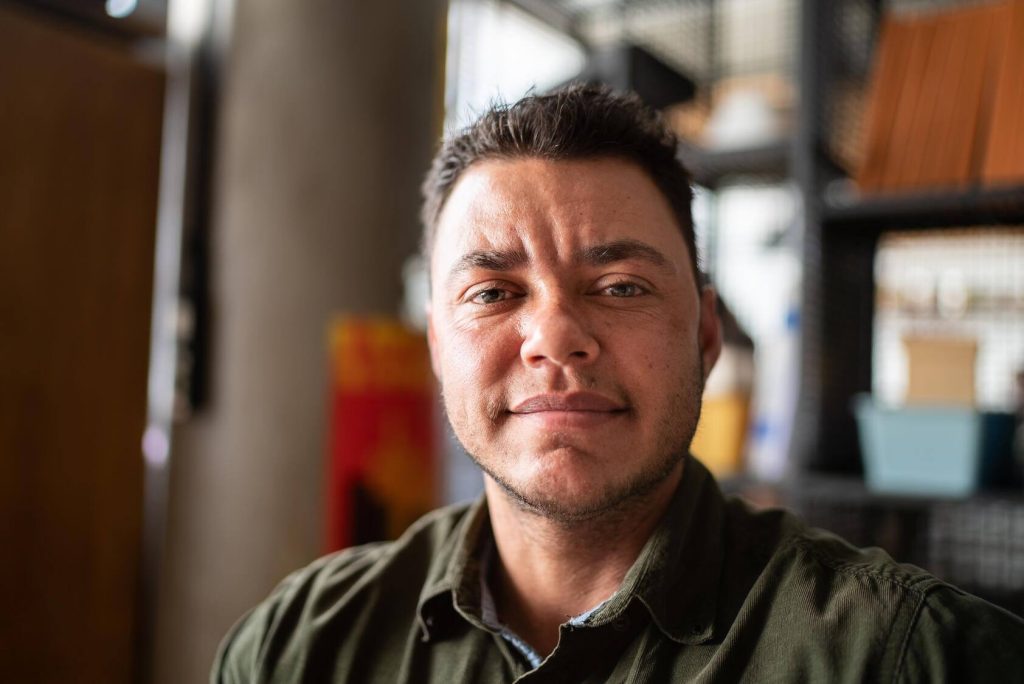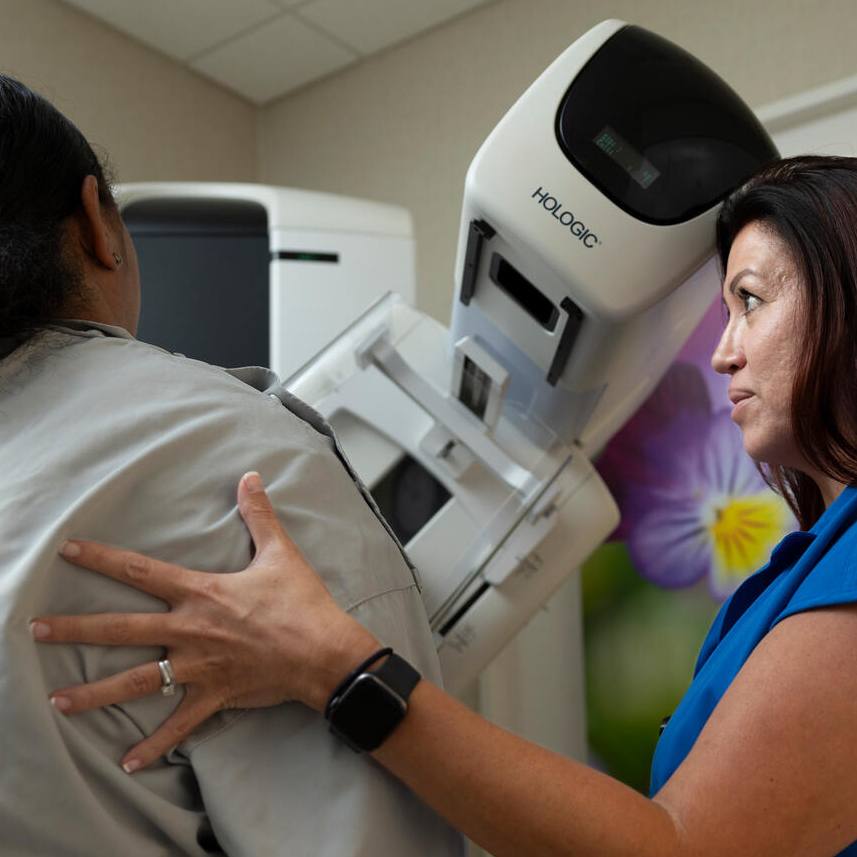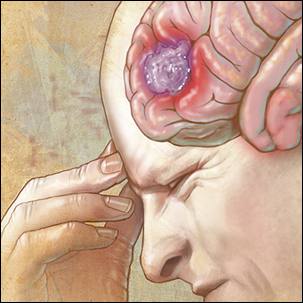-
Cancer
Consumer Health: Bladder cancer — risk factors and prevention

May is Bladder Cancer Awareness Month, which makes this a good time to learn about the risk factors for bladder cancer and what you can do to prevent it.
More than 82,000 new cases of bladder cancer will be diagnosed in the U.S. in 2023, and more than 16,000 people will die of the disease, according to the American Cancer Society. Bladder cancer occurs in men more frequently than in women, and the risk increases with age, especially after 55.
Bladder cancer is a common type of cancer that begins in the cells of the bladder. The bladder is a hollow muscular organ in your lower abdomen that stores urine.
Most bladder cancers are diagnosed at an early stage, when the cancer is highly treatable. But even early-stage bladder cancers can come back after successful treatment. For this reason, people with bladder cancer typically need follow-up tests for years after treatment to look for bladder cancer that recurs.
Signs and symptoms of bladder cancer can include:
- Blood in the urine, which can cause urine to appear bright red or brown, though sometimes the urine appears normal and blood is detected on a lab test.
- Frequent urination.
- Painful urination.
- Back pain.
Risk factors
Factors that may increase bladder cancer risk include:
- Smoking.
Smoking cigarettes, cigars or pipes may increase the risk of bladder cancer by causing harmful chemicals to accumulate in the urine. When you smoke, your body processes the chemicals in the smoke and excretes some of them in your urine. These harmful chemicals may damage the lining of your bladder, which can increase your risk of cancer. - Increasing age.
Bladder cancer risk increases as you age. Though it can occur at any age, most people diagnosed with bladder cancer are older than 55. - Being male.
Men are more likely than women to develop bladder cancer. - Exposure to certain chemicals.
Your kidneys play a key role in filtering harmful chemicals from your bloodstream and moving them into your bladder. Because of this, it's thought that being around certain chemicals may increase the risk of bladder cancer. Chemicals linked to bladder cancer risk include arsenic and chemicals used in the manufacture of dyes, rubber, leather, textiles, and paint products. - Previous cancer treatment.
Treatment with the anti-cancer drug cyclophosphamide increases the risk of bladder cancer. People who received radiation treatments aimed at the pelvis for a previous cancer have a higher risk of developing bladder cancer. - Chronic bladder inflammation.
Chronic or repeated urinary infections or inflammations, such as might happen with long-term use of a urinary catheter, may increase the risk of a squamous cell bladder cancer. In some areas of the world, squamous cell carcinoma is linked to chronic bladder inflammation caused by the parasitic infection known as schistosomiasis. - Personal or family history of cancer.
If you've had bladder cancer, you're more likely to get it again. If one of your blood relatives — a parent, sibling or child — has a history of bladder cancer, you may have an increased risk of the disease, although it's rare for bladder cancer to run in families. A family history of Lynch syndrome, also known as hereditary nonpolyposis colorectal cancer, can increase the risk of cancer in the urinary system, as well as in the colon, uterus, ovaries and other organs.
Prevention
Although there's no guaranteed way to prevent bladder cancer, you can take steps to help reduce your risk, including:
- Don't smoke.
If you don't smoke, don't start. If you smoke, talk to your health care team about a plan to help you stop. Support groups, medications and other methods may help you quit. - Take caution around chemicals.
If you work with chemicals, follow all safety instructions to avoid exposure. - Eat a variety of fruits and vegetables.
Choose a diet rich in a variety of colorful fruits and vegetables. The antioxidants in fruits and vegetables may help reduce your risk of cancer.
Connect with others talking about bladder cancer in the Cancer Support Group and the Kidney & Bladder Support Group on Mayo Clinic Connect, an online patient community moderated by Mayo Clinic.







